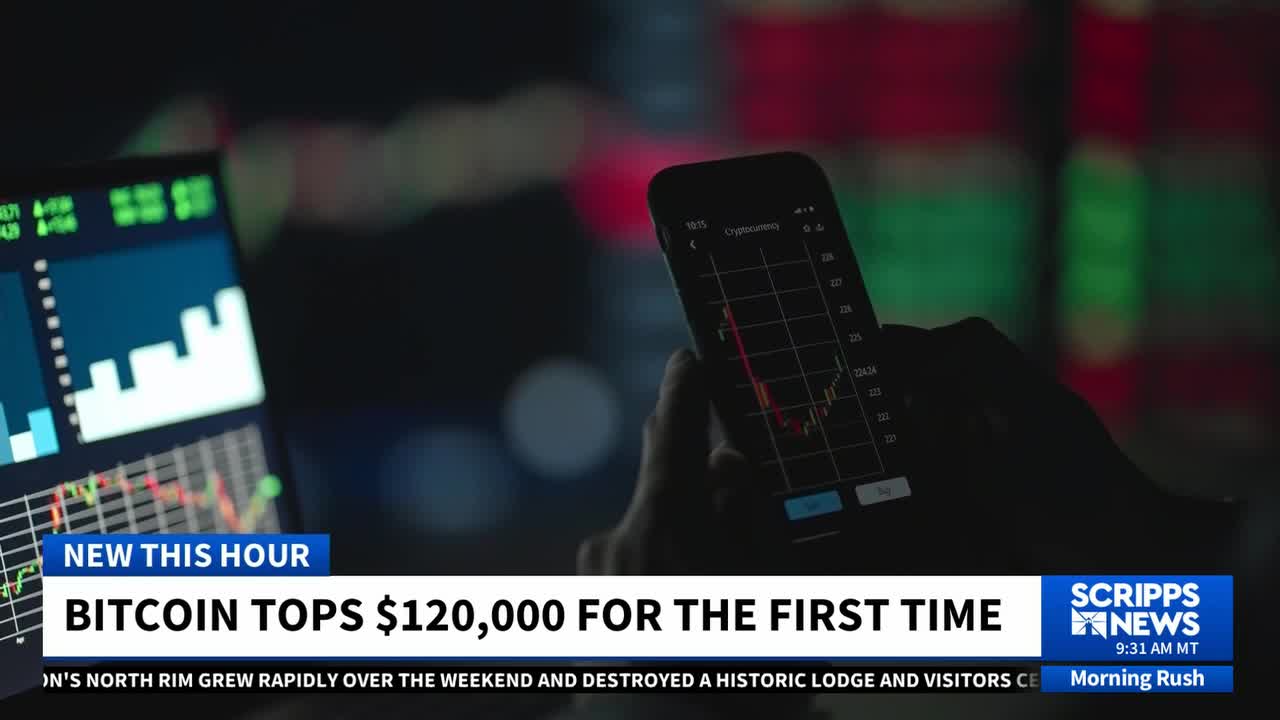
What is the Senate’s Genius Act?
The Genius Act, along with other crypto bills, will be reviewed by the House during “Crypto Week.”
- Two Florida representatives elected with support from the cryptocurrency industry are expected to back a new crypto regulatory bill.
- The GENIUS Act would allow stablecoins backed by real money, potentially increasing customer trust in cryptocurrency.
- While some, including former President Trump, support the bill, others like Senator Elizabeth Warren oppose it due to consumer protection and corruption concerns.
- Florida representatives are pushing for cryptocurrency integration into state government, including potential investments in the state retirement fund.
A pair of Florida lawmakers elected to Congress with the help of the cryptocurrency industry are poised to join a U.S. House majority backing the first crypto regulatory bill ever adopted by Congress.
U.S. Reps. Jimmy Patronis, R-Panama City, and Randy Fine, R-Palm Bay, drew a combined $1.5 million from Republican-leaning crypto political committees leading up to their April 1 victories in special elections to Congress.
At the time, the industry was eager to bolster the GOP’s narrow House majority as it worked toward advancing the so-called GENIUS Act, the milestone crypto bill. The measure recently won bipartisan support in the Senate and is poised for a House vote, likely July 17.
The crypto PAC, Defend American Jobs, hailed Patronis and Fine’s elections, saying that the Floridians, “have shown a deep commitment to advancing pro-growth policies and ensuring the U.S. leads the world in crypto and digital asset innovation.”
Law would allow some crypto to be backed by real money
The GENIUS Act allows banks and companies to offer crypto stablecoins that would be tied to the U.S. dollar and backed by real money. With the change, crypto is expected to gain more customers who may view stablecoin as a more trustworthy digital asset than others in the crypto world, which is not always seen as reliable.
GENIUS stands for Guiding and Establishing National Innovation for U.S. Stablecoins.
President Trump, who once dismissed cryptocurrency as a “scam” being “based on thin air,” has converted into a fan. The conversion comes as Trump personally profits from the industry, which stands to gain new credibility with his signature on the GENIUS Act.

Bitcoin at all-time high as lawmakers focus on pro-crypto legislation
President Donald Trump, once a crypto skeptic, has become a major promoter of the industry.
Scripps News
Trump and his family control 40% of World Liberty Financial, which has been selling crypto tokens. Sales to investors may have gained the Trump family around $20 million this month, according to reporting by Forbes.
Last year the president’s sons also started a company that now offers stablecoins.
‘A superhighway for…Trump’s corruption,’ says Sen. Elizabeth Warren
U.S. Sen. Elizabeth Warren, D-Massachusetts, has been one of the leading voices opposing the GENIUS Act, warning it has weak protections for consumers and threatens financial stability.
She also said it will “create a superhighway for Donald Trump’s corruption.”
The crypto industry poured millions of dollars into Trump’s presidential campaign last year and later his inaugural committee. Florida fund-raiser Brian Ballard, who is close to Trump and to Florida’s leading Republicans, counts crypto company Ripple among his clients.
Patronis and Fine were both endorsed by Trump in their special election bids. They’re also promoting the crypto industry.
Fine has said, “Floridians want crypto innovation.” Patronis, who held the state Cabinet post of Chief Financial Officer for seven years before running for Congress, has tried to bring crypto into state government.
He proposed having some of the Florida Retirement System funds go into digital assets such as Bitcoin, an idea which so far has failed to get off the ground.
Patronis’ pitch to pension managers at the State Board of Administration came after Trump spoke at the Bitcoin 2024 convention and suggested creating a national reserve denominated in bitcoins.
Will state pensions ever invest in Bitcoin?
Legislation this spring by other Trump followers, Rep. Webster Barnaby, R-Deland, and Sen. Joe Gruters, R-Sarasota, also failed. It would’ve allowed the state to invest as much as 10% of the state’s retirement fund and other holdings in Bitcoin, which unlike stablecoin, is not pegged to the value of a stable asset.
Gruters is running for Florida’s chief financial officer post next year. The job is currently vacant since Patronis’ election to Congress.
Now emerging as the latest Floridian to tout cryptocurrency is U.S. Rep. Mike Haridopolos, R-Indian Harbor Beach, who is his party’s “whip,” or vote-organizer, on the Financial Services Committee.
“America needs to be the centerpoint of this opportunity,” Haridopolos said on FOX News. “This will reduce costs for businesses and will make it more transparent as well. It will speed up the way we move money at a lower cost.”
On crypto, Haridopolos said “the president if fully engaged.”
John Kennedy is a reporter in the USA TODAY Network’s Florida Capital Bureau. He can be reached at jkennedy2@gannett.com, or on X at @JKennedyReport.






